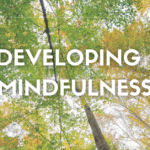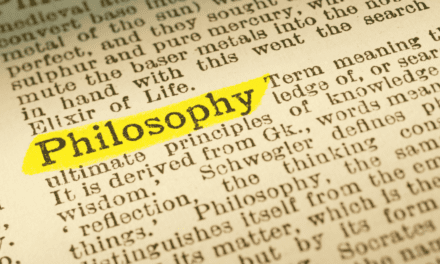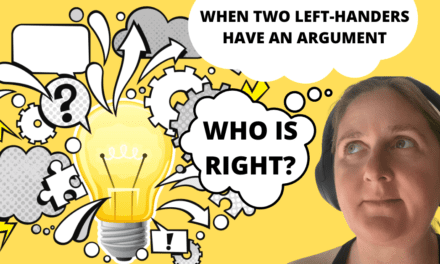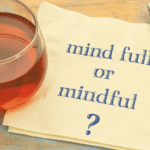
What is a justified and true belief? My first Philosophy essay
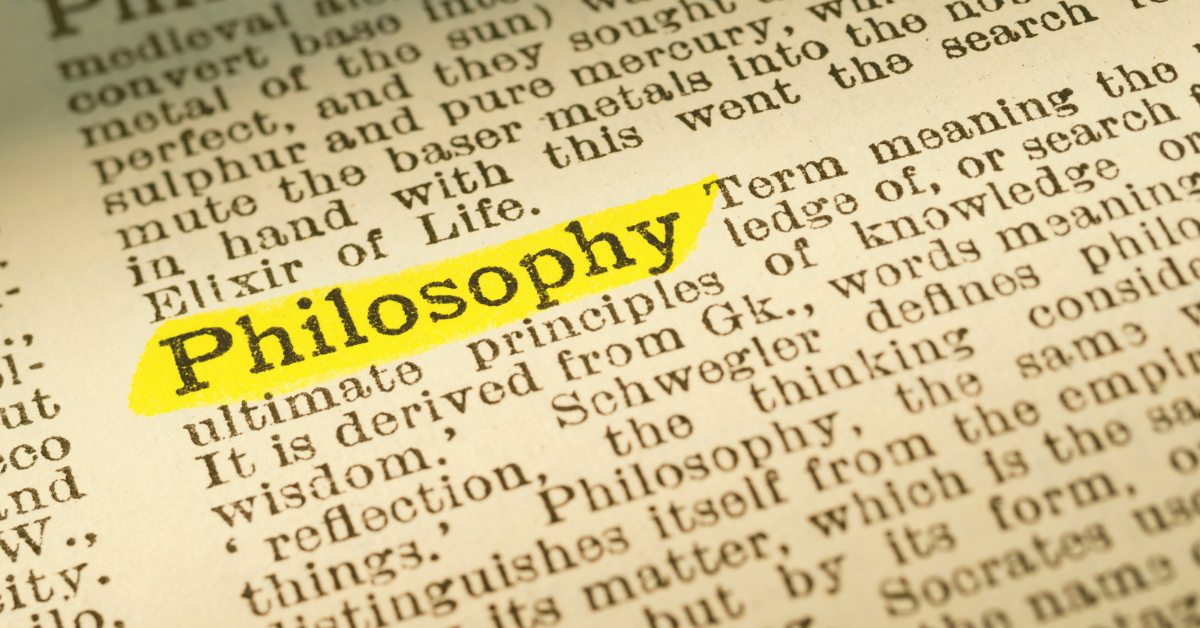
Writing that first essay was a little scary. I had no idea if I did a good job, and the anxiety just about put me over the edge. I did okay though, the anxiety was for nothing. Worry will never change a result; it’s too bad that realization can’t just shut it off though. Anyways, I thought it would be fun to post my university essays here once they’re all done and graded. Try to keep in mind as you read them, that I am writing these essays based on prompts given by the professor.
My First Essay
In this paper I will explain the Justified True Belief account of knowledge and give a basic logical notation for each condition. I will then provide an example of each condition of this argument. Next, I will give an account of a Gettier case counterexample and will then explain and highlight parts of the counterexample in order to show the relation to each condition of the Justified True Belief account. I will then conclude with a summary of what I’ve discussed in the paper.
Justified True Belief (JTB) is an argument for what it means to know something, or what counts as an instance of knowledge. The argument has been around for a long time, with the first account being introduced by Plato more than 2000 years ago. Over the years other philosophers have added to it and proposed new conditions for it. Currently, the JTB account states that you can consider yourself to ‘know’ something (X knows that p) if you believe it (X believes that p), and it is true (p is true), and you are justified in your belief that it is true (X’s belief in p is justified). Let’s take a look at what each of these conditions mean, and find some examples for them.
The first condition I will examine is the condition of belief. Belief is important when considering whether something accounts as an instance of knowledge or not because it is unlikely that you will consider anything knowledge if you don’t believe it. For example, how could you know the grass is green if you don’t believe the grass is green? Belief by itself is not enough though. I could believe any number of things that aren’t actually true. Take the example of the green grass above, if I believed the grass was hot pink then I’ve met the first condition of knowledge. So, it seems we need an additional condition for knowledge.
The second condition to examine is Truth. This condition states that you can’t know something if it isn’t true. For example, I can believe the grass is hot pink, but I can’t know it because it isn’t actually true. I could however, believe and know the grass is green because this is in fact true. In large part most philosophers agree that in order for the statement (X knows that p) to be considered knowledge, then whichever sentence replaces the ‘p’ in that statement must be true as well. Let’s say that X stands for Bugra and p stands for knows that the earth is the center of the universe. Although the form of the statement matches, (X knows that p) it doesn’t meet the conditions of truth because we know that the earth is not in fact the center of the universe.
The third and final condition in the JTB argument is Justified. For each instance of knowledge, are you justified in your belief that the knowledge is true? For this condition you could consider multiple ways of being justified. Your experience, observation, perhaps an experiment or a combination of all three could constitute as justification. Let’s look further at our grass is green scenario from above. The justification for this belief is a number of things. I was told the grass is green, I can see the grass is green, the grass has been green repeatedly over my life, the green has never not been green. I would seem then, that my belief that the grass is green is indeed justified and so this example may now be considered as knowledge.
There are some philosophers that don’t believe the JTB account of knowledge is sufficient to constitute an instance of knowledge however. The example I will consider in this paper is Edmund Gettier, an American philosopher that used stories called Gettier cases to outline a gap in the reasoning of the JTB account. Let’s take a look at an example of a Gettier style counterexample for an explanation.
Mary had been walking the same route to work for 5 years and she had always caught all the green lights on her journey. One day, Mary walked to work and commented to herself how lucky she is that she always catches the green lights. What Mary didn’t know was that the software that controls the street lights had frozen the night before and all the lights had been stuck on green ever since. Does Mary know all the lights will be green? Let’s take a closer look at the story to answer this question.
Mary definitely believes that she will catch all the green lights, so she has met the first condition of knowledge, but what about truth? Is it true that Mary always catches the green lights? It would seem that is true as so far Mary has caught all the green lights.
Moving on then to justification. Mary based her belief that she will catch all the green lights on the fact that she has been doing so for the last 5 years so her belief can be justified through her experience and observation. This means that according to the JTB account, Mary does indeed know that she will catch all the green lights. Intuitively this just seems off though. Yes, the example met all the requirements from Mary’s point of view, but as readers we have the insight that this has just been a coincidence. The lights were broken. This example is why many philosophers feel the JTB account is insufficient and we must find an additional criteria or condition to tack on in order to truly have an understanding of ‘what is knowledge’.
In conclusion, I explained the Justified True Belief account of knowledge, provided a simple logical notation for each condition, and provided an example to take the reader through each condition of the account. I also gave an account of a Gettier style counterexample in order to illustrate where the JTB account is insufficient and pointed out that many philosophers are considering the addition of another condition in order to make the theory more robust. Can you think of a condition that would round out this theory?
References
Stich, S. P., & Donaldson, T. (2019). Philosophy: Asking Questions–Seeking Answers. Oxford University Press. ISBN: 0199329966, 9780199329960
Slides and lectures provided by Dr. Greg Lauro I also used as a reference when writing this essay.



